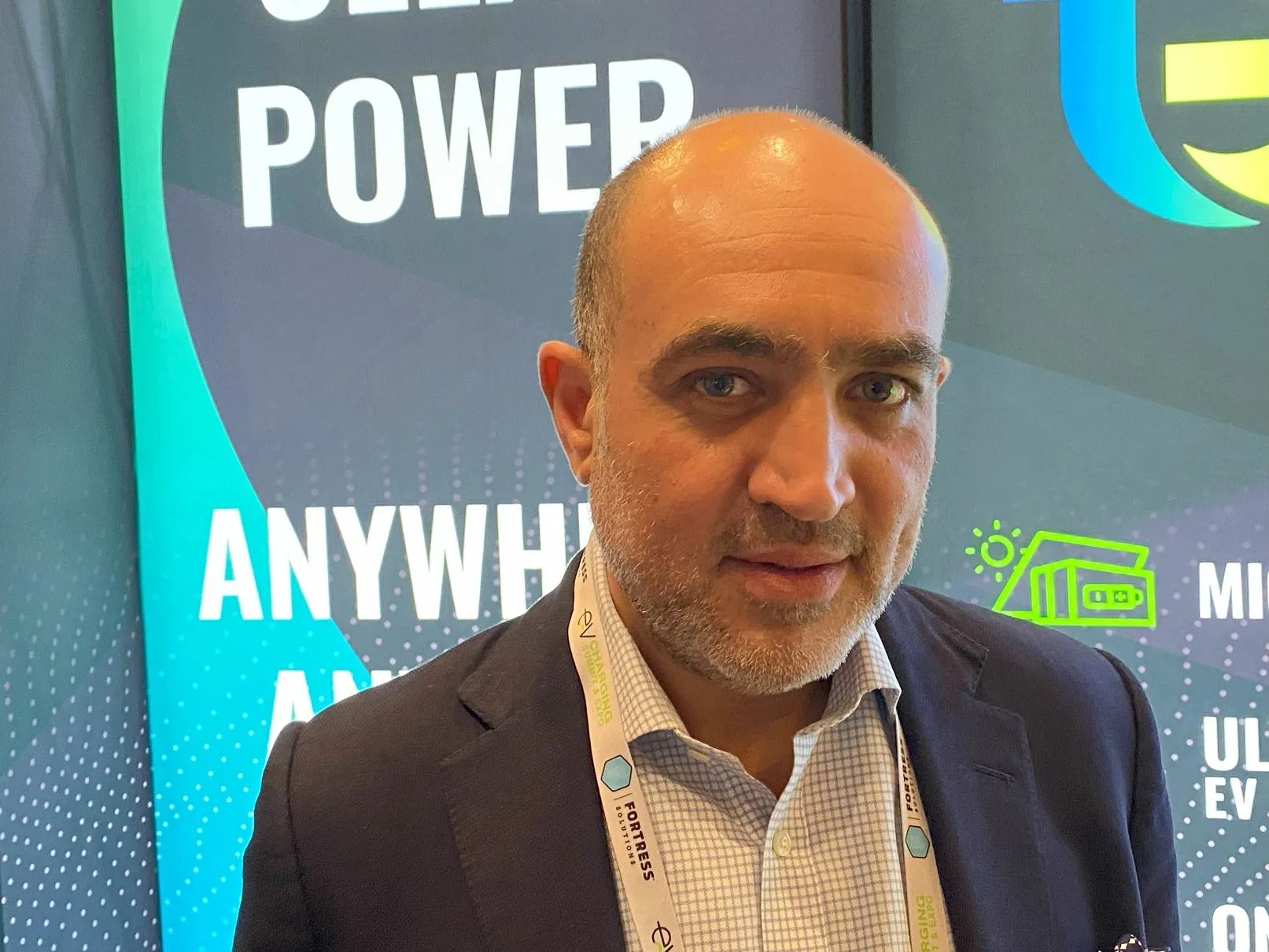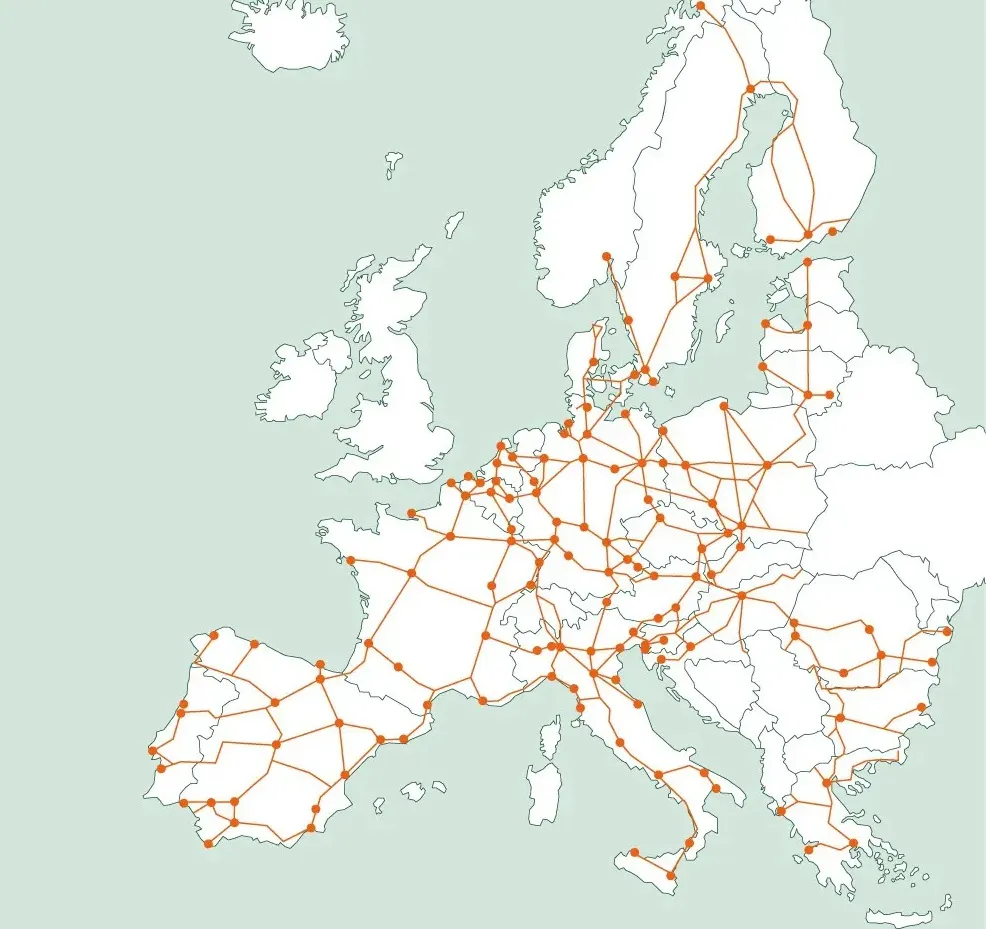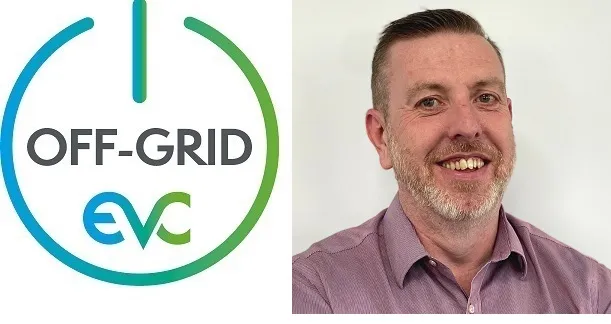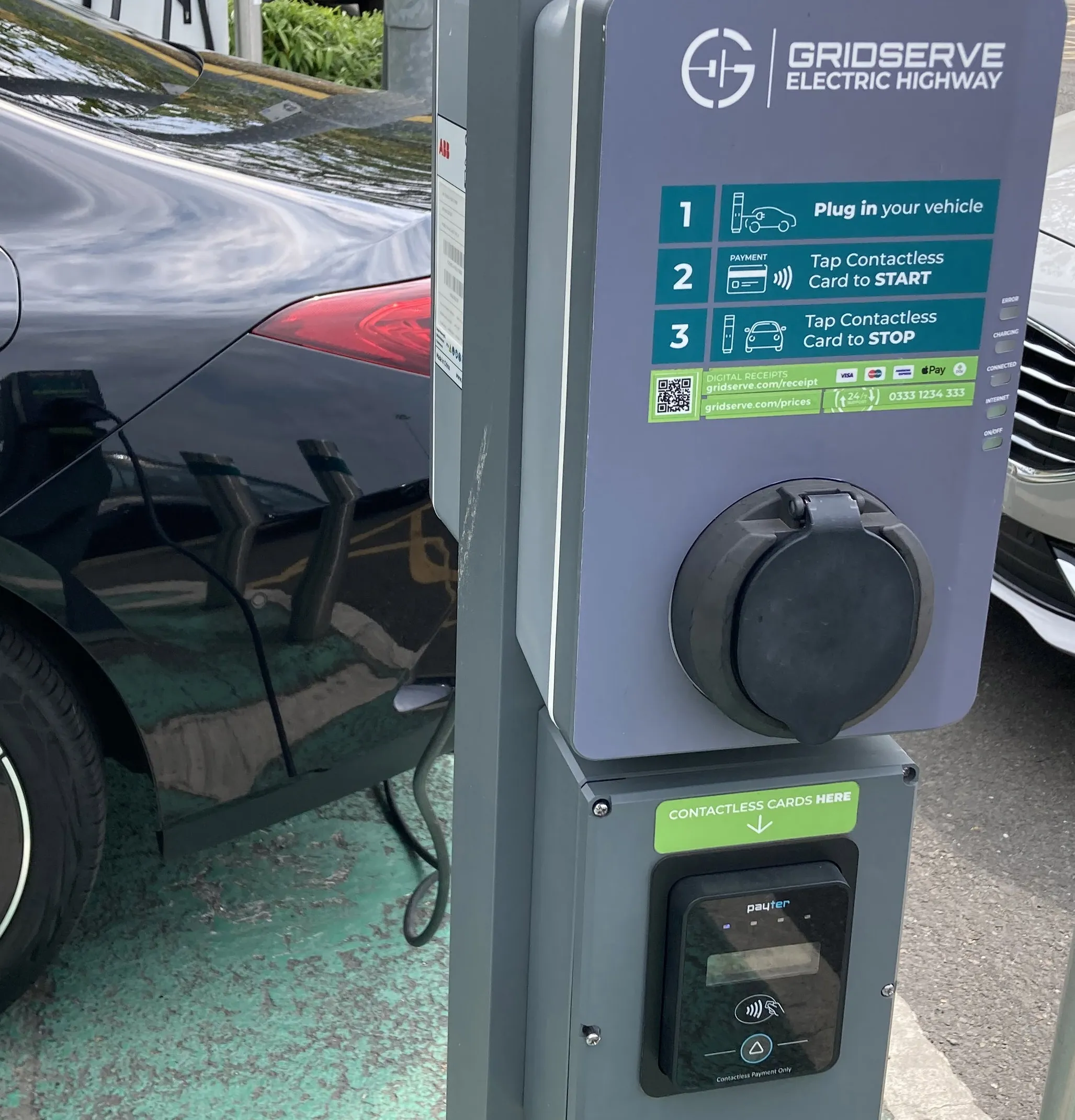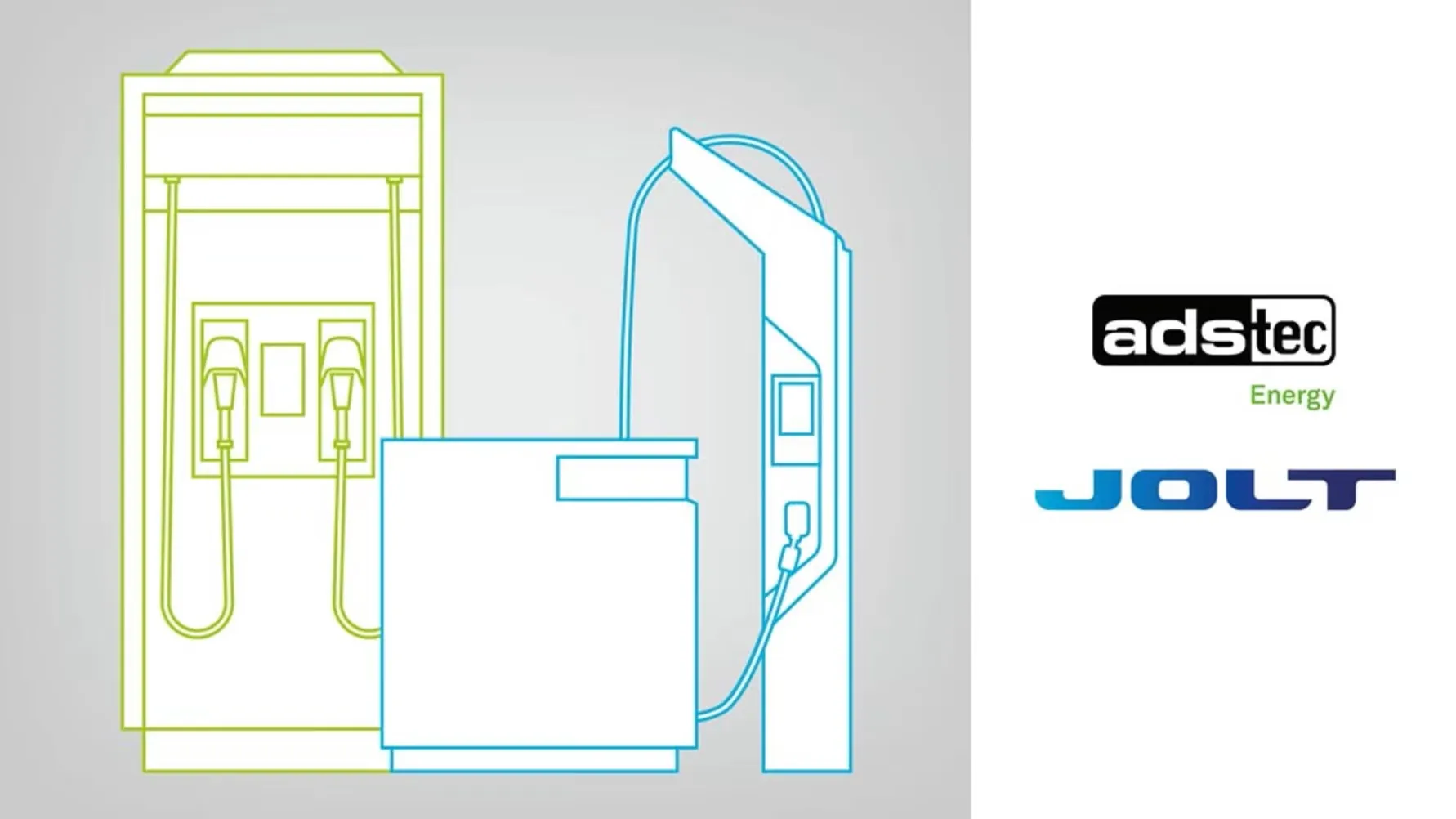
Jolt has already ordered a high double-digit number of systems for 2023 and more orders are expected in support of its roll-out plan. The collaboration reflects the strong demand for a fast, convenient charging experience, especially in inner-city areas.
Ads-Tec Energy’s battery-buffered ultra-fast charging solutions provide charging power of up to 320 kW in power-limited, low-voltage energy grids, without the need for grid expansion. Waiting for grid expansion can take months, and in cities there is typically no space for electrical substations.
Charging stations from Ads-Tec Energy, on the other hand, can be quickly integrated into existing sites with a minimum footprint. In addition to supporting the grid, the Ads-Tec Energy stations store excess renewable energy, so it is available for charging and other purposes. As a result, the charging stations turn into energy platforms that enable sustainable site energy management for operators and fast charging for electric vehicle drivers.
In Germany, Jolt has been deploying Ads-Tec Energy ChargeBox ultra-fast charging systems for over a year. Primarily installed in metropolitan areas, the systems see frequent use by electric vehicle drivers. At a high-use Jolt charging point, a weekly average utilisation of over 60% is typical, and is trending upward. The company is now significantly accelerating the roll-out rate of fast-charging stations to meet the high demand.
“Especially in inner-city areas, there is usually a lack of the required grid capacity and there is little available space,” said Thomas Speidel, CEO, Ads-Tec Energy. “This is precisely what our charging solutions are ideally suited for, as they enable ultra-fast charging despite power-limited grid connections, take up little space and are easy to install. With their large battery storage capacity and multifunctionality, they are a valuable platform for the energy transition."


